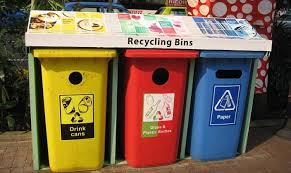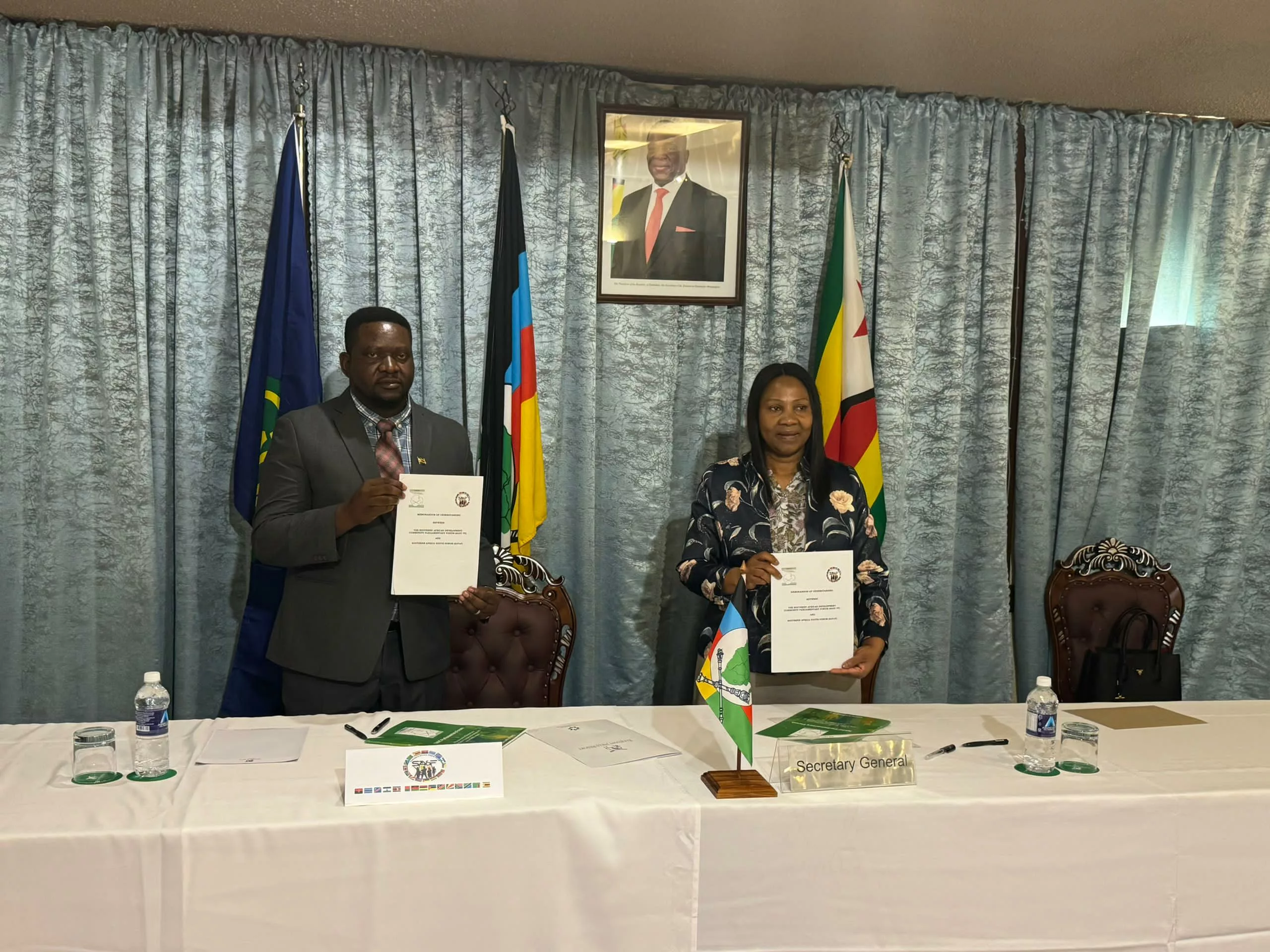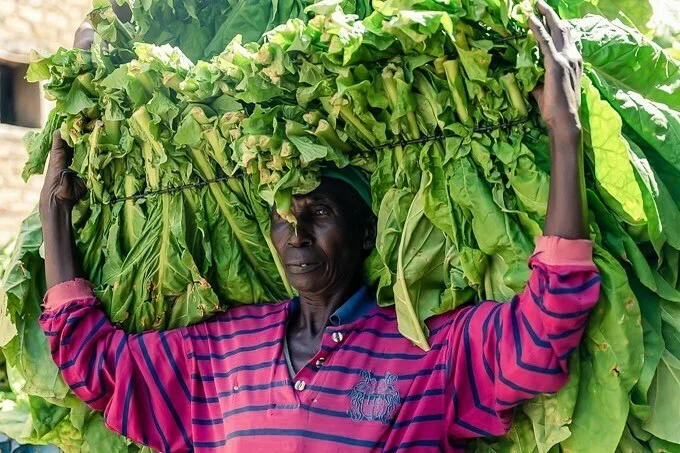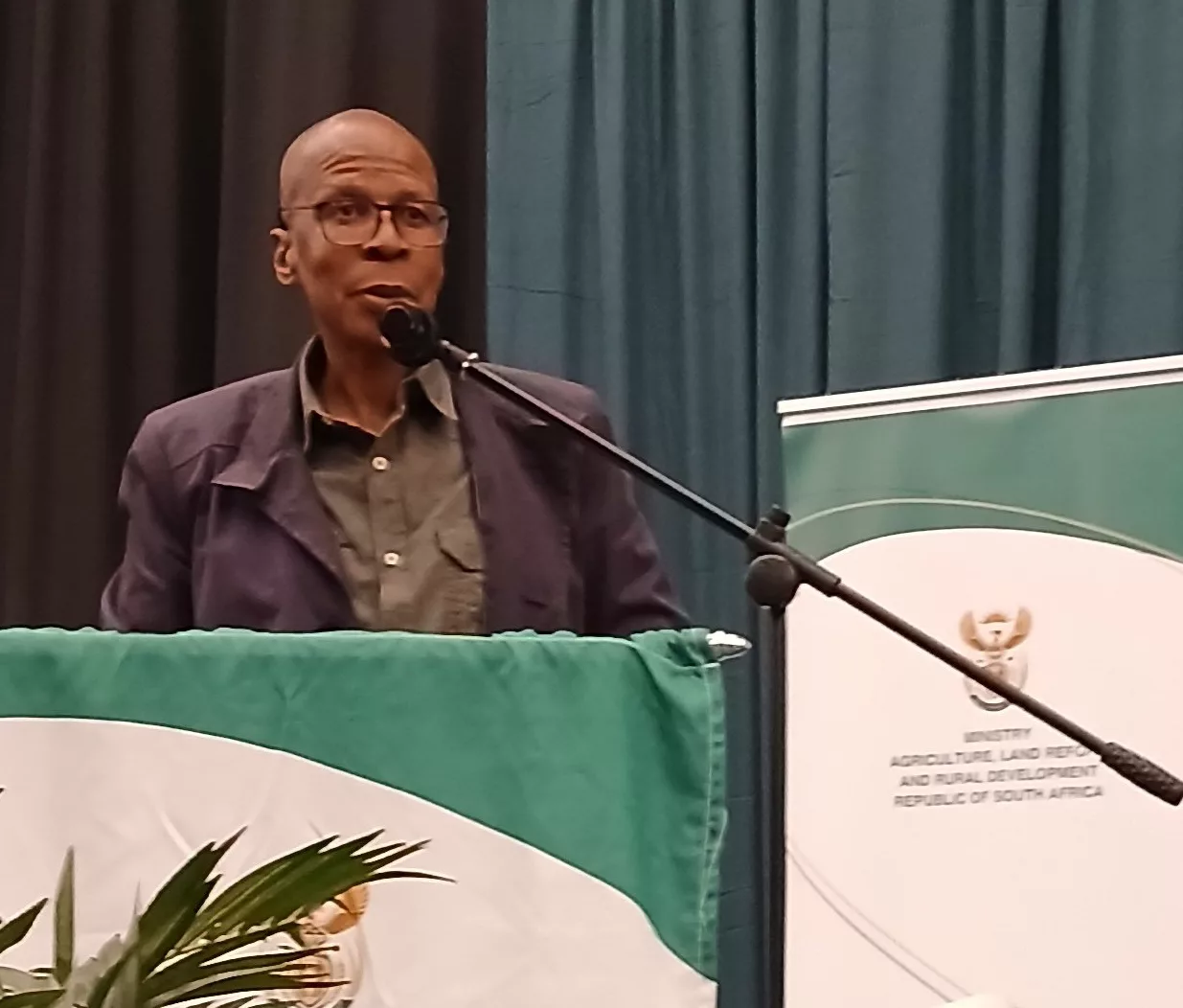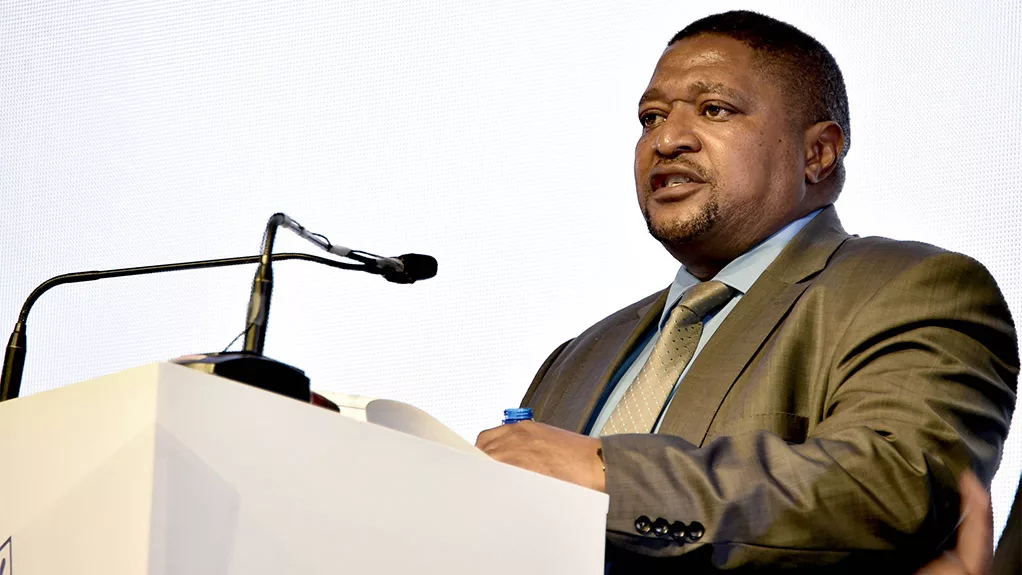By Joyce Mukucha
Climate change has become one of the most pressing global issues worldwide today with various countries including Zimbabwe making concerted efforts on stipulating their own environmental laws in order to minimize the effects of the global phenomenon.
As Zimbabwe is making huge strides through government, environmental organisations, Civil Society Organisations, Church-Based Organisations among other partners to fight against climate change, youths based in rural areas have bemoaned the fact that they are being excluded on the call to protect the environment and planet.
This publication conducted some interviews with a number of young people who reside in rural areas with an aim of getting an insight into how youths in marginalised communities can contribute to climate change mitigation but sadly, they spoke out their minds stating that young voices in rural areas were not being given an opportunity to participate in national campaigns to do with climate change.
They said it was of paramount importance for the government to empower all members of society particularly the marginalised youths and engage them in climate action, through education, training, public awareness, public participation, public access to information, and international cooperation on these issues as they indicated that young generation plays an important role of helping the older generation in shaping the environment.
Young people in remote areas highlighted that engagement of youths in the intergovernmental and formal policy-making processes enables better, more inclusive and sustainable policies.
This can be closely linked to the UN Framework Convention on Climate Change (UNFCCC) which actively acknowledges the role of youth as essential partners in the fight against climate change and facilitates youth engagement under its Action for Climate Empowerment (ACE) agenda.
A 26-year old Matida Jongwe of Samuriwo village in Hurungwe said it was crucial for the Government of Zimbabwe and other relevant stakeholders to include rural communities youths in climate change debates, discussions and even conferences.
“Despite the fact that we are based in rural areas, it doesn’t mean that we are not bright enough to make positive contributions aimed at mitigating climate change. So we are pleading that our government can recognise us, whenever they include those youth in urban areas, they should include us. We can also take a leading role in ending climate change.
“As youths in remote areas, we also need to be empowered with environmental knowledge. Therefore, ngavatidzidzisewo(they must educate us) on how we can help stop climate change,” said Jongwe.
Tinovonga Karume another youth in the same village pointed out that being in urban-distant communities does not mean that they are not influential.
He said some youths in marginalised communities are not rich to sponsor various environmental programs or projects and stressed the need for government and sponsors to try and ensure that they bring campaigns to grassroots levels in order to raise awareness to the rural population of how they could help stop this global crisis.
“We should be involved because the youths of today are the future and the people of tomorrow. It’s the youths of today that will serve as the foundation for the next generation to come. Being in rural communities does not mean that we are useless, we can make a change through our contributions so we are urging relevant stakeholders in climate change mitigation forums to listen to our voices and desist from excluding us in environmental programmes,” he said.
Another young woman in Zhombe, Chiedza Maturu said rural youths can help stop climate change in their own simple yet purposeful ways such as joining environmental organizations or groups; participating in various governmental, non-governmental, school or community programs.
She said being involved in dialogues can provide rural based youth such a platform to present their ideas to governments.
“We can participate in projects against climate change such as joining clean-up drives at school or in the community; participating in tree planting and go-green activities, garbage picking and recycling initiatives, getting involved in environmental protests and campaigns.
“This can be buttressed when we are also included in national campaigns against climate change. Also, efforts to mitigate the global crisis can be stirred up if us the rural youths become part and parcel of summits, launches, and training by concerned environmental organizations and government institutions in order to raise awareness against climate change. All we want is empowerment and recognition,” said Maturu.
Other young people who spoke to Spiked Online Media underscored that they can utilise technology to fight against climate change since the world was evolving and in some rural communities they were now able to access the internet.
They indicated that through the use of technology and support from stakeholders, they can help the earth to sustain life and secure a sustainable future to the next generation to come.
“The future of this planet and the next generation lies in the hands of today’s youths. We now have knowledge concerning social media like facebook, twitter or instagram so if we are equipped with knowledge, we can work tirelessly to promote climate change and environmental awareness to the public such limiting the use of plastics.
“If we have resources like smart phones, good network for connectivity and data, we can help through taking a leading role in reporting illegal activities to authorities, segregating garbage at home and also encouraging our friends, schoolmates and our family to do what we are doing,” they said.
Another young lady said, “Our voice matters and our life matters so why are we not being involved? We also want to join hands with our fellow youths in urban areas and stand together in stopping climate change. To me, I believe that the fight against climate change can be won if people desist from a tendency of looking down upon the population in the rural areas. Takangofanana!(we are just equal), us and all the youths around the world. We also want act. Let us be involved in this fight.
Worldwide, driven by the desire to see youth participating in climate change actions, the Katowice package recognizes the key role of youth in the implementation of ACE. The ACE program under the Doha Work Programme (2012-2020) educated, empowered, and engaged youth in climate action and encouraged their participation in developing and implementing climate policies.
It managed to do so by undertaking various activities such as organizing the annual Global Youth Video Competition and hosting the Young and Future Generations Day which features the intergenerational inquiry on climate change event and includes high-level youth briefings and a UN Youth Booth at the annual Conferences of Parties (COPs).
The ACE Dialogues provide such a platform to youth to present their ideas to governments.
In addition, Italy, in partnership with the UK, is organizing youth dialogues and events in the lead up to COP26.
The Italian Ministry of Environment, in collaboration with Connect4Climate – World Bank Group and the Office of Secretary-General’s Envoy on Youth, has recently launched a series of virtual, interactive sessions for youth entitled “Youth4Climate Live Series: Driving Momentum Towards Pre-COP26” where the youth can join the conversation on climate action.
In other nations, youth and children participate in ongoing competitions such as Youth Policy Case Competition and the Children’s Visual Art Competition organized by The Adaptation Exchange.
Action for Climate Empowerment (ACE) is a term adopted by the United Nations Framework Convention on Climate Change to denote work under Article 6 of the Convention (1992) and Article 12 of the Paris Agreement.
When a climate change occurs, temperature drastically increases which may lead to different changes in the Earth.
It can result to floods, droughts, intense rain, more frequent and severe heat waves and melting of ice glaciers which results in the sudden rise of earth’s water volume in seas and oceans.
Some major factors which cause climate change are burning or combustion of fossil fuel to produce energy which can be found in fueled vehicles and some factories.
Smoking activities such as burning which emit a lot of carbon dioxide in the atmosphere which results in greenhouse formation.
Deforestation, pollution and other illegal activities of man are also contributing factors.


